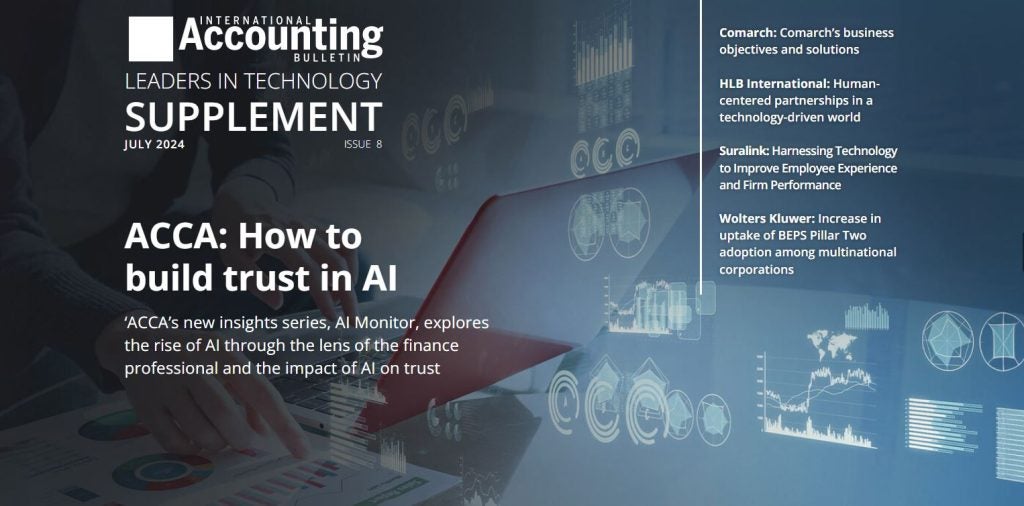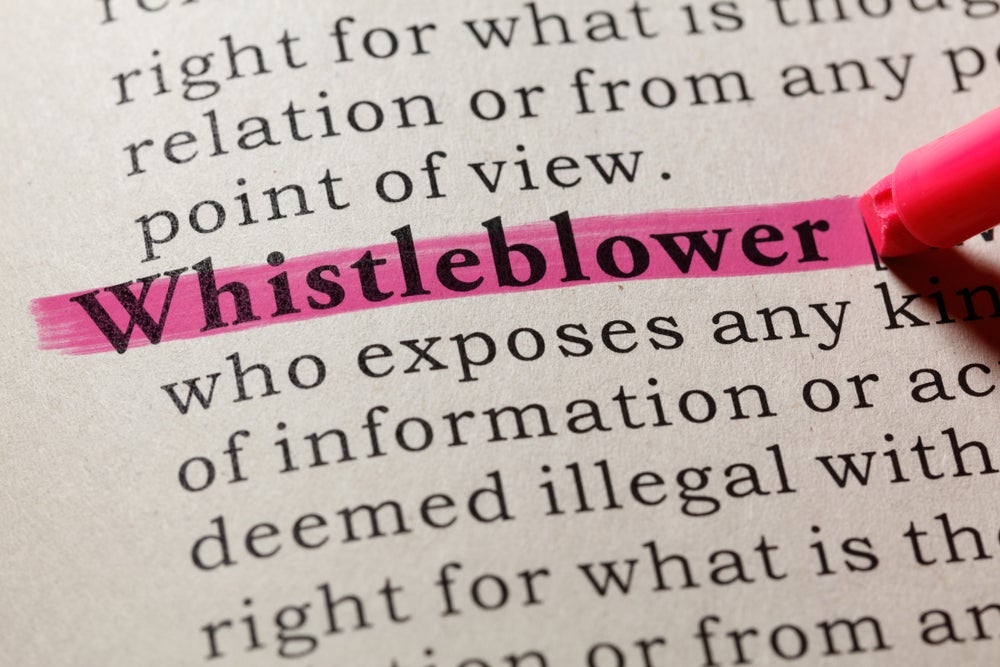PwC UK has undertaken a stock count audit using a drone. This was part of a wider drive to harness emerging technologies to enhance audit quality and efficiency and a bid to change the audit process.
The drone was manufactured and operated by UK drone company QuestUAV and was used to capture over 300 images of the coal reserve at one of the UK’s last remaining coal fired power stations owned by European energy firm RWE.
The power station is based in Aberthaw, in South Wales.
Additionally, the digital twin of the coal produced from the drone data can be viewed on PwC’s Geospatial app. This is a visual tool which then helps the PwC audit team interrogate data about the inventory on the site.
PwC’s head of assurance Hermione Hudson said: “Technology is an enabler for positive change and this drone-assisted stock count in an illustration of how we are using technology to enhance audit quality and efficiency.
“Drones are just one of a number of technologies that could improve audit quality in different ways across different ways across different sectors.”
How well do you really know your competitors?
Access the most comprehensive Company Profiles on the market, powered by GlobalData. Save hours of research. Gain competitive edge.

Thank you!
Your download email will arrive shortly
Not ready to buy yet? Download a free sample
We are confident about the unique quality of our Company Profiles. However, we want you to make the most beneficial decision for your business, so we offer a free sample that you can download by submitting the below form
By GlobalDataThe images that were collected from the drone were used to create a point cloud ‘digital twin’ of the coal pile in order to measure its volume.
Images captured were processed using a method called photogrammetry, where the images were stitched together and then compared to determine how many points they have in common with each other.
Values of the coal were then calculated to 99+% accuracy based on that value measurement.
There were various benefits found when using drone technology compared to traditional surveying which PwC had used previously.
Manually traversing the coal could normally take around four hours, when using the drone it brought forward a reduction of 85%, as it only took half an hour.
Using the drone ensured accuracy by providing a true, continuous representation of the coal pile, and is also considered a less disruptive method as it does not allow for interruptions within normal operations on the coal pile. For example movement of machinery.
PwC UK’s drone leader Elaine Whyte said: “This trial with the RWE is the first time PwC has used drones for audit control and stock count purposes. It demonstrates the powerful new perspective that we believe drones can offer for businesses across a wide variety of industries.
“Sectors with large assets in hard to reach areas are the most obvious starting points for expanding this kind of work further – from mining to agriculture and forestry.
“There is also a clear health and safety benefit to using drones for this type of work, without someone having to climb over the coal pile.”
By Mishelle Thurai






